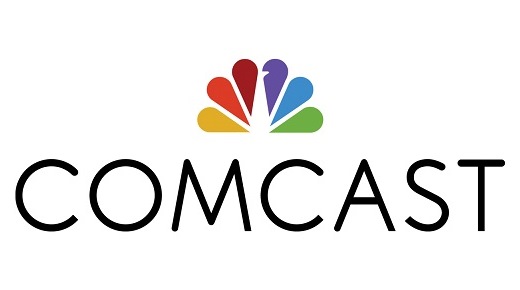
The way the pay-TV industry in the U.S. has developed is that cable operators bid for the right to string their own wires into consumers households. If Comcast — or one of its predecessor companies — won the bidding for local rights, the others were locked out. The rise of satellite pay-TV broke that lock, and the rise of broadband threatens to eliminate that lock altogether.
The proposed merger won’t really change that. Time Warner has subscribers in New York City and Dallas, where Comcast currently has none. The fact that Comcast will have about a third of the total U.S. market for cable subscribers is not especially salient.
What could be more troublesome is the way the combined company may exercise its market power over its suppliers, what economists call monopsony. With more than 30 million subscribers Comcast is seeking leverage over the networks and content producers that will allow the company to get better pricing for retransmission and carriage fees. This is a genuine threat to competition.
The power of networks and content producers like The Walt Disney Co. (NYSE: DIS), which owns the ABC and ESPN networks as well as its storied movie studio, has risen in the past couple of decades as everyone has come to understand that content is king. That is why Amazon.com Inc. (NASDAQ: AMZN) and Netflix Inc. (NASDAQ: NFLX) have begun producing their own programming. It’s why Comcast has a controlling interest in NBC and its networks. It’s where the money is.
A bigger Comcast could make it more difficult for new competitors in the programming business to enter new markets. If carriage fees for Disney-owned content goes down, it will be much harder for a new competitor to wring licensing fees out of Comcast.
Comcast’s added leverage won’t extend just to content. With telecom giants like Verizon Communications Inc. (NYSE: VZ) and AT&T Inc. (NYSE: T) building out fiber networks to provide much higher broadband speeds, Comcast could price its programming low enough to make it uneconomic for competitors to expand their networks. Alternatively, Comcast could throttle network speeds for Amazon or Netflix unless these companies agree to pay more for the bandwidth they use.
Comcast has said it will not raise prices for broadband access, but that pledge only applies to the last mile of connections, not to Internet backbone services. This is what the fight over net neutrality is all about, and this is where the Federal Communications Commission is likely to focus the bulk of its review of the proposed merger.
Take Charge of Your Retirement In Just A Few Minutes (Sponsor)
Retirement planning doesn’t have to feel overwhelming. The key is finding expert guidance—and SmartAsset’s simple quiz makes it easier than ever for you to connect with a vetted financial advisor.
Here’s how it works:
- Answer a Few Simple Questions. Tell us a bit about your goals and preferences—it only takes a few minutes!
- Get Matched with Vetted Advisors Our smart tool matches you with up to three pre-screened, vetted advisors who serve your area and are held to a fiduciary standard to act in your best interests. Click here to begin
- Choose Your Fit Review their profiles, schedule an introductory call (or meet in person), and select the advisor who feel is right for you.
Why wait? Start building the retirement you’ve always dreamed of. Click here to get started today!
Thank you for reading! Have some feedback for us?
Contact the 24/7 Wall St. editorial team.




